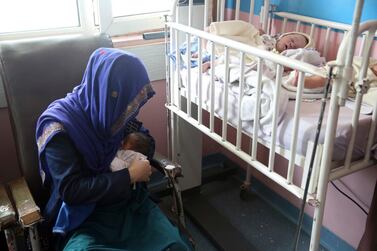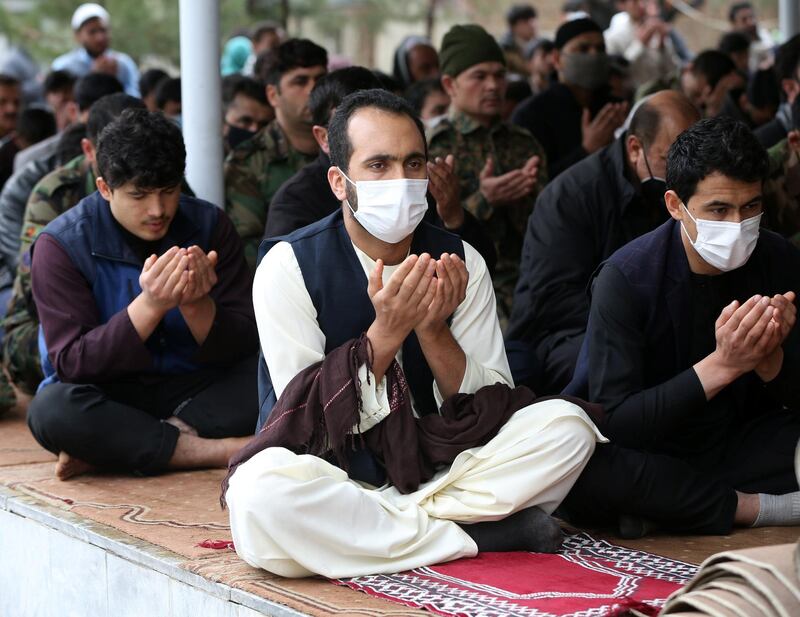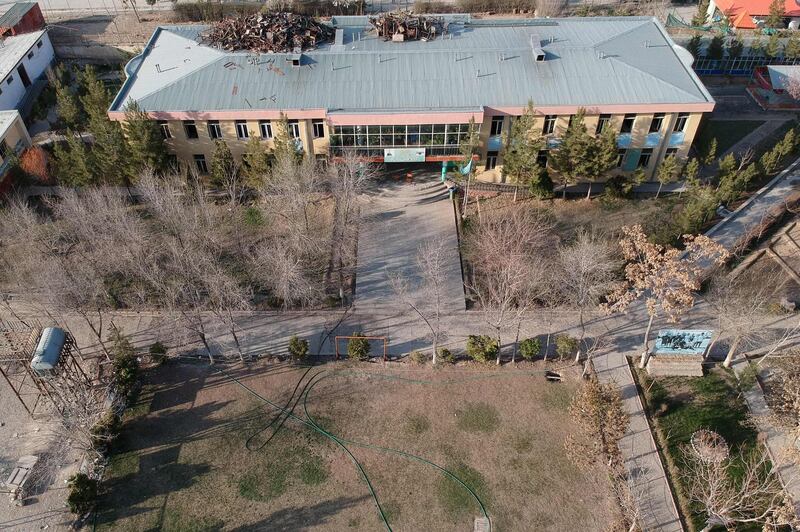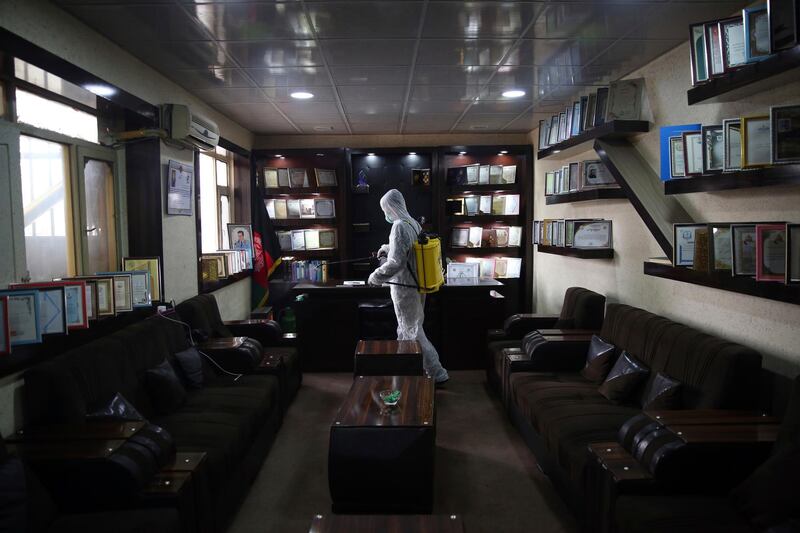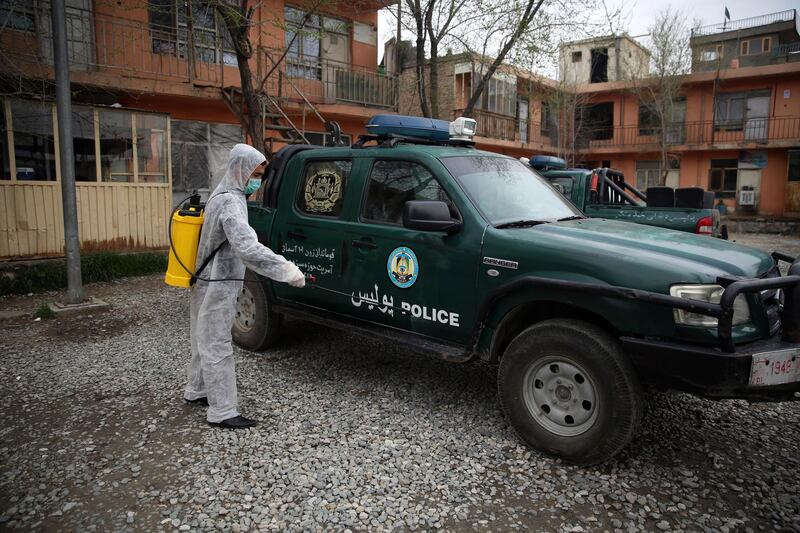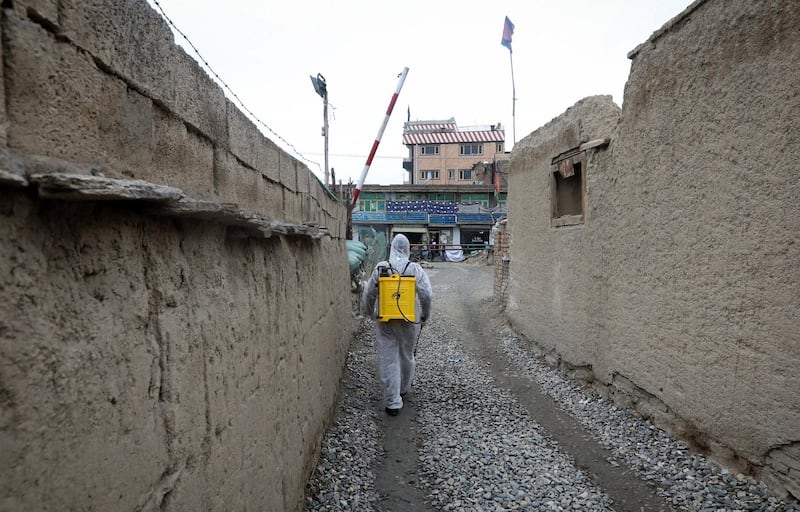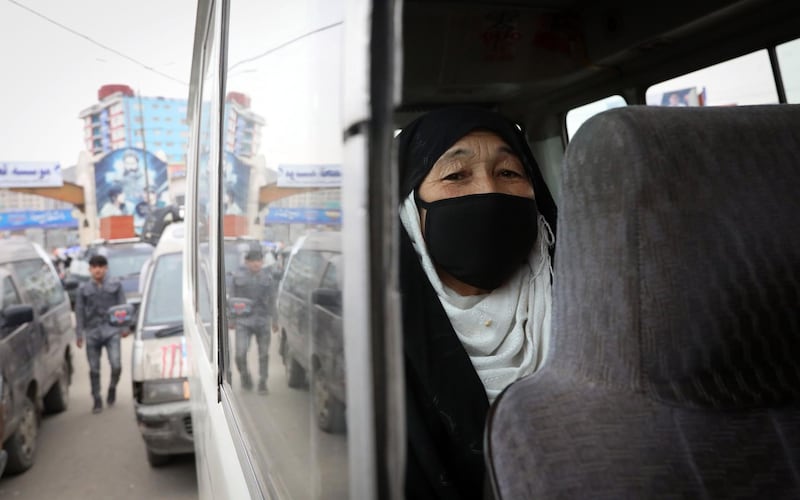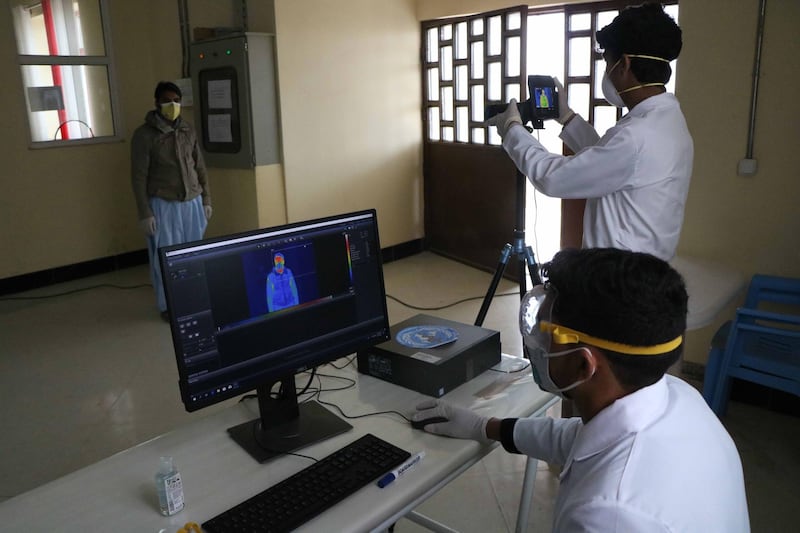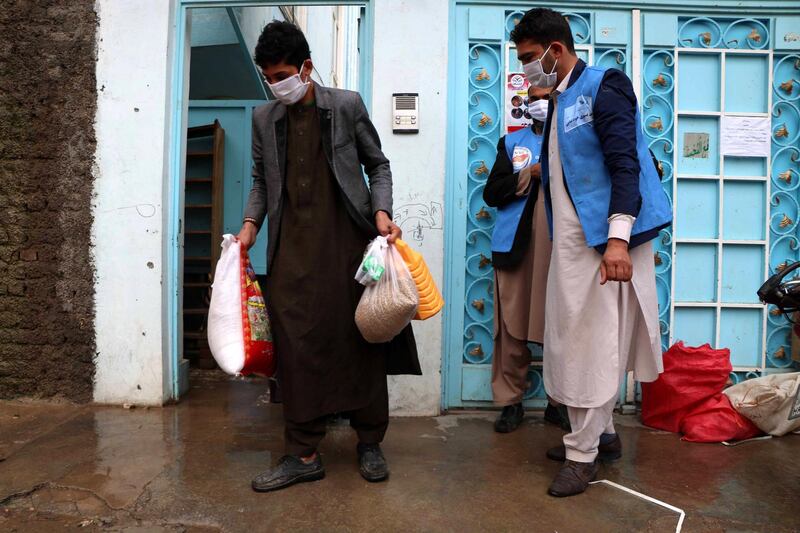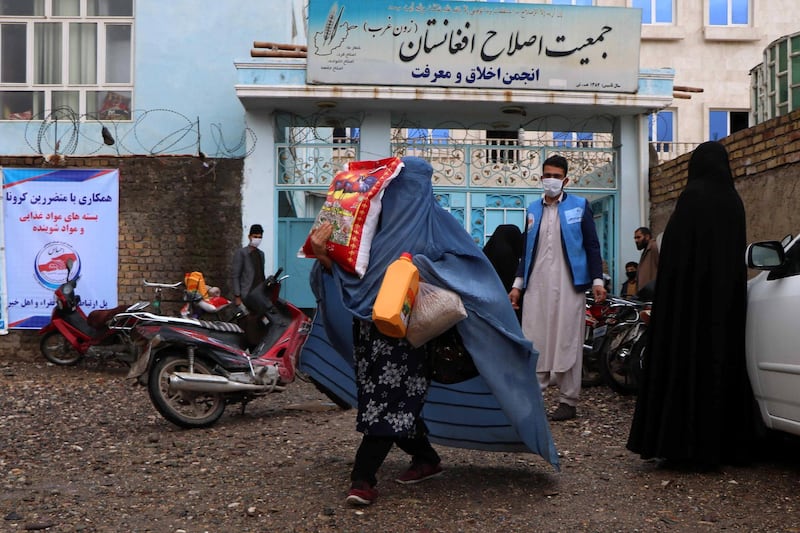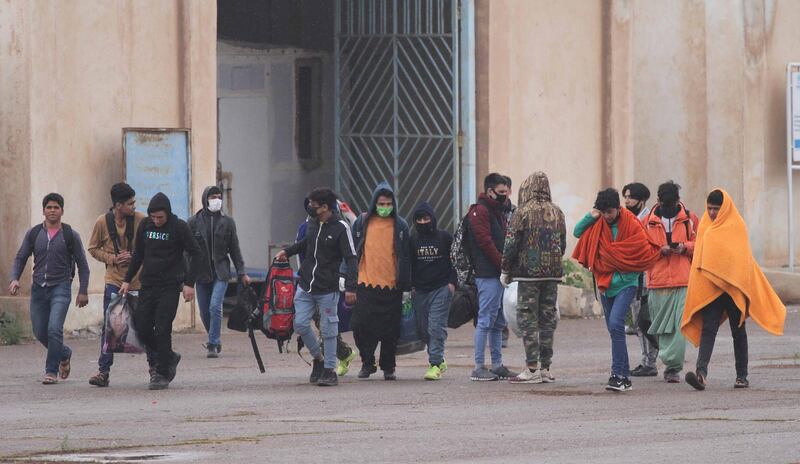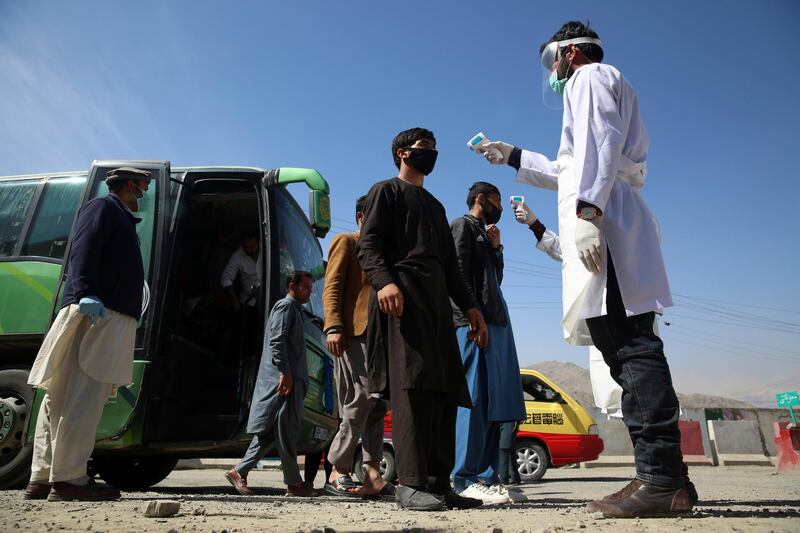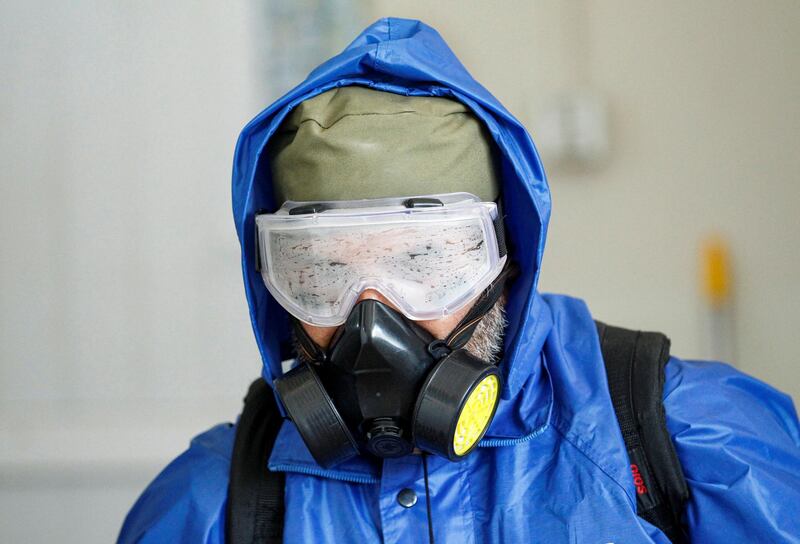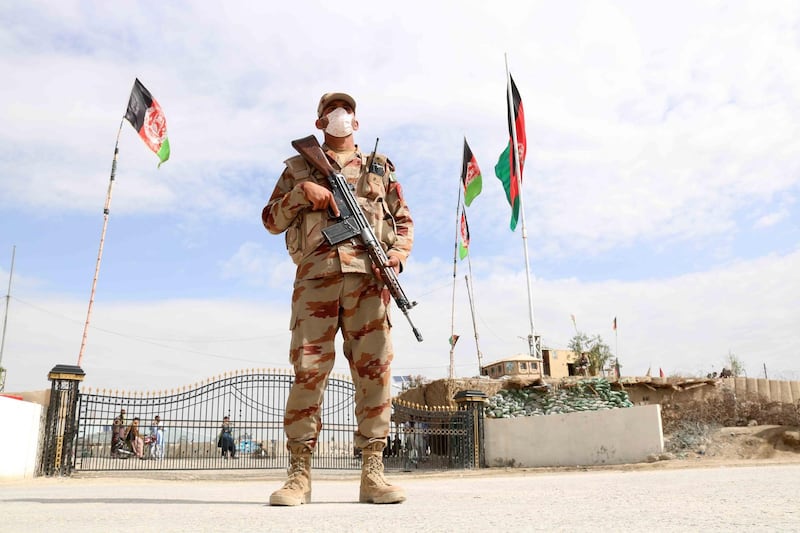A surge in violence in Afghanistan, that has seen hundreds of security personnel killed in the last week alone, risks derailing the shaky peace process in the country, the head of peace efforts with the Taliban has warned.
Abdullah Abdullah, who until March served as Afghanistan’s Chief Executive but now leads the High Council for National Reconciliation, said the current level of violence had created an environment that makes political talks difficult between the Afghan state and the Taliban.
“Today we are taking stock of good and bad of the past 40 years, or four decades, and looking at the road ahead,” Mr Abdullah said during a webinar organised by the United States Institute of Peace.
“We are at the threshold between a unique opportunity for peace that is being defined as we speak or continuing the war – the cost of war, the agony of war – with less clarity into the future.
“Given our geography and existing threat assessment, it’s not just about Afghanistan, it’s also about the stability, connectivity, security from the Far East to Europe and beyond,” he said.
The Taliban struck a troop withdrawal agreement with the US in February to pave the way for talks with the Afghan government.
But the hardline group insisted a list of 5,000 prisoners be released, leading to months of delay as the Afghan government initially refused to set free that many prisoners before talks. In recent weeks, 3,000 have been set free but violence has still continued.
In May, gunmen attacked a hospital run by Doctors Without Borders in Kabul killing 16 expectant women, although no one has claimed responsibility for the attack. The clinic has since been closed.
Mr Abdullah said it was important Afghanistan no longer became a “hub” or “staging ground” for terrorism, and added that a peace settlement was the only way forward and that key actors were faced with an opportunity. He said four decades of war should “compel” Afghanistan to find an end to the conflict but he admitted he still had concerns.
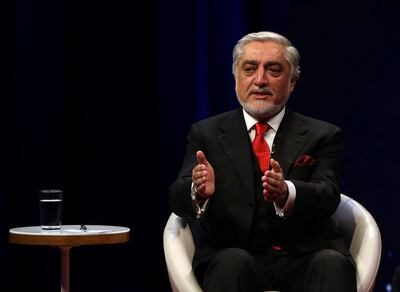
“If there is a thinking in the other side, and hopefully that’s not the case, that ‘the US troops may withdraw and we may not have to come to a settlement, we might be overcome by force’, that will be a mistake. A great mistake. That will be another missed opportunity for the Afghans in the same way that in early Nineties we missed an opportunity, we didn’t make peace within the country.”
The government has signalled it wants talks with the Taliban to begin as soon as possible and Mr Abdullah insisted there were no red lines in negotiations. But there are believed to be fears of the release of some high-profile Taliban prisoners.
“We have communicated through different channels to the Taliban to our partners and different countries which have leverages, that while we are serious in the pursuit of talks and also preparing the ground for negotiations and expediting the exchange of prisoners in spite of the challenges which we’re involved in, at the same time the continuation of the current level of violence, which is not justified at all, makes the people worried and extremely concerned of, ‘Where are we leading?’” Mr Abdullah said.
Peace talks are expected to be held in Doha, Qatar.

